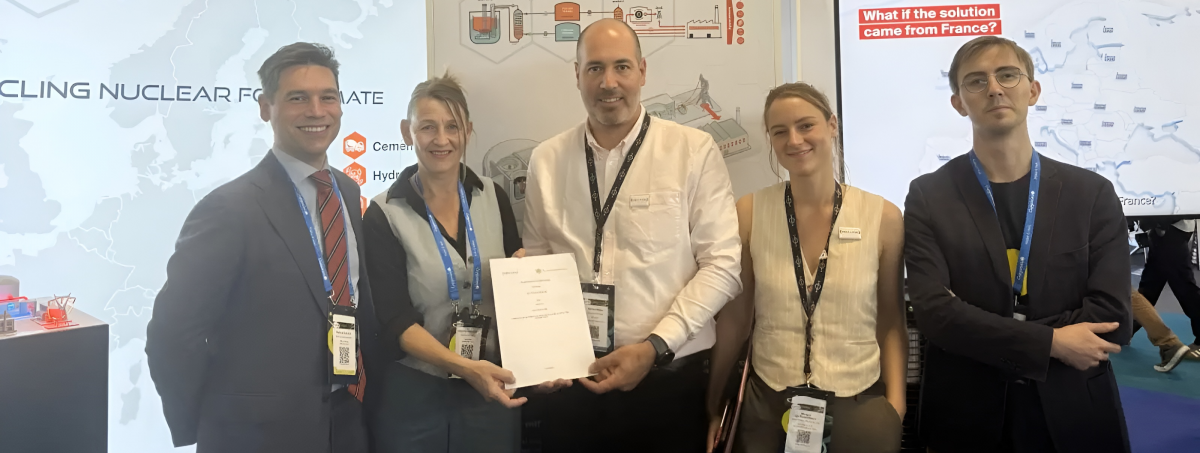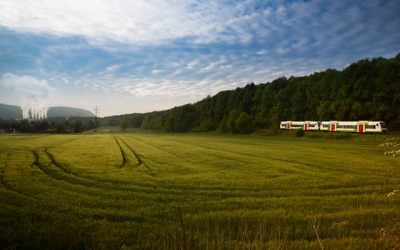HEXANA, a nuclear technology developer, has joined forces with Dutch cooperative Atoomcoöperatie to explore the deployment of advanced Generation IV sodium-cooled reactors integrated with thermal energy storage for industrial applications in the Netherlands.
The partnership aims to decarbonise high-temperature industrial processes, including chemicals and steel production, by providing simultaneous low-carbon heat (up to 500°C) and electricity. The system’s thermal storage capability also stabilises the grid, compensating for variable renewable generation and enhancing energy resilience.
HEXANA’s platform is modular and features intrinsic redundancy, making it suitable for sensitive operations such as data centres or other energy-intensive facilities that require uninterrupted power. The collaboration seeks to test feasibility, engage stakeholders, and align policy and fiscal frameworks to support industrial adoption.
Sylvain Nizou, HEXANA’s CEO, highlighted that the technology leverages six reactors already successfully operated in Europe. The design prioritises reliability, maturity, and scalability, providing industrial operators with a pathway to decarbonisation without compromising operational stability. Atoomcoöperatie brings deep knowledge of the Dutch energy landscape and industrial networks, facilitating integration with regional and national strategies.
The Netherlands currently operates a single nuclear facility, the 485MW Borssele plant, which contributes roughly 3% of national electricity. While scheduled for closure in 2033, discussions on extending its operation and developing new reactors are ongoing. Political support for nuclear energy in the Netherlands has fluctuated, but there remains broad consensus on its role in energy independence and as a complement to renewable sources.
The partnership positions HEXANA and Atoomcoöperatie at the forefront of industrial decarbonisation solutions, offering a replicable model for integrating nuclear technology into energy-intensive sectors while supporting broader national climate objectives.
Explore how next-generation nuclear technology could decarbonise hard-to-abate industrial sectors in the Netherlands in the full story.

















.png)

